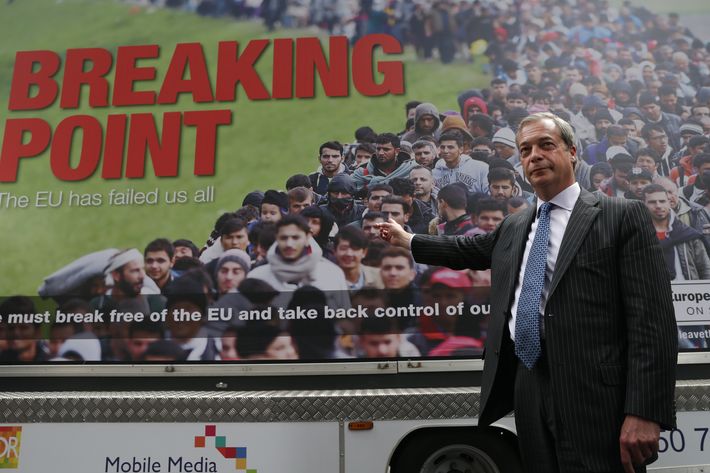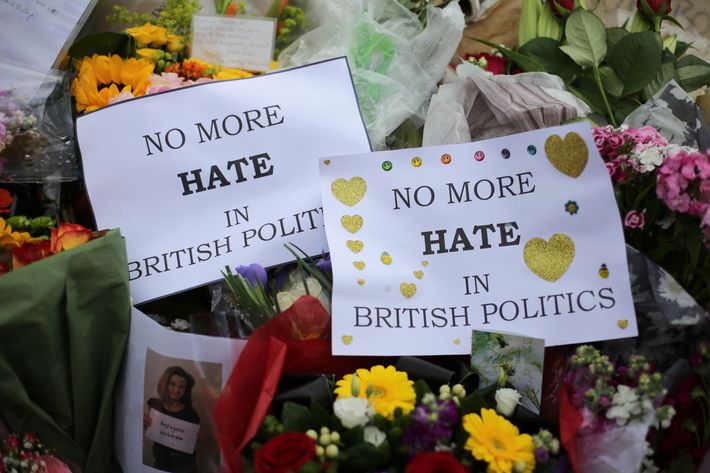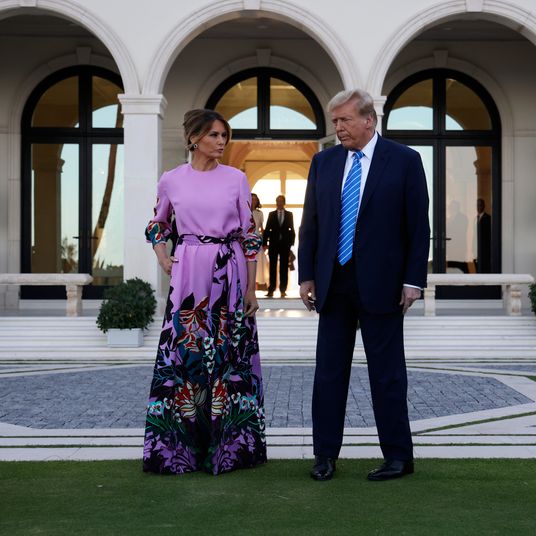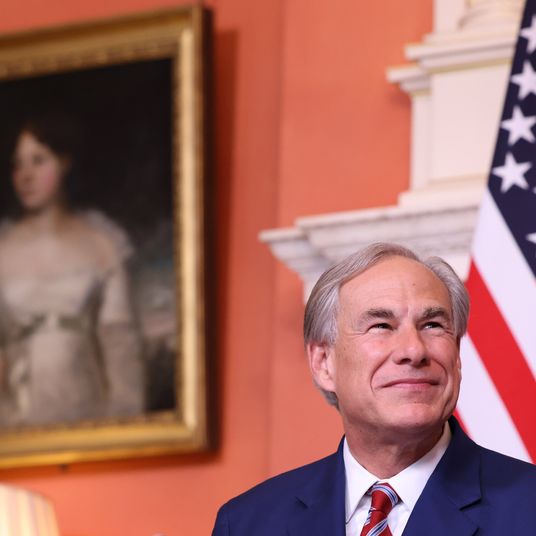
In the UK, Thomas Mair has been formally charged with the shooting and stabbing murder of British MP Jo Cox, and the suspect gave his name as “death to traitors, freedom for Britain,” while appearing at the Westminster magistrates court on Saturday, the Guardian reports. “Bearing in mind the name he has just given, he ought to be seen by a psychiatrist,” the magistrate responded. Whatever Mair’s ailments or motivations, the killing of Cox, a well-respected activist and politician who was seen as a rising star of the opposition Labour Party, only a week before the Brexit vote, has both exposed and exacerbated a deep political crisis in the country.
As the New York Times reported Friday night, the 52-year-old Mair is being investigated for ties to right-wing extremism, and though authorities reportedly believe the part-time gardener had targeted 41-year-old Cox for political reasons, they are also looking into whether or not he suffered from any mental illnesses. In addition, they continue to investigate witness accounts that the suspect had shouted “Britain first” during the attack, a slogan which is also the name of a far-right political group in the UK that opposes both immigration and the country’s membership in the European Union, though the group has denied any link between it and the attack. The Guardian reported on Saturday that according to prosecutors, Mair is alleged to have also said, “this is for Britain,” “Britain always comes first,” and “keep Britain independent” while he was attacking Cox. They add that Mair apparently referred to himself as a “political activist” when he was arrested.

Following Cox’s murder on Thursday, the campaigning for and against Britain’s EU membership, with a referendum vote on the so-called Brexit scheduled for next Thursday, remains officially suspended, though it appears that campaigning will resume sometime over the weekend. Cox was ardently pro-immigration and an active campaigner for the UK to remain in the EU, and her assassination has prompted calls for more civility from across the political spectrum in the country. Her murder also marks the first time a sitting member of Parliament has been killed since 1990, amidst the country’s long and violent conflict with the Irish Republican Army.

According to the Southern Poverty Law Center, Mair had a history of purchasing material, including a neo-Nazi book, from a white supremacist organization in the U.S., and he also subscribed to a South African pro-apartheid magazine in the 1980s. Mair’s brother has told British media that Mair also had a history of mental illness, but was not violent or political. Mair’s neighbors said he was peaceful and polite, if a bit of a loner. There are reports that Mair had previously taught English to foreigners, as well.
It’s still not clear how Cox’s death will influence public opinion and next week’s vote on the possible Brexit, but her brutal murder has shocked the country and highlighted how divisive the debate over EU membership, and relatedly, immigration, has become in the country. The Spectator’s Alex Massie, in his response to the attack, confessed that he “cannot recall ever feeling worse about this country and its politics” than he did on Thursday. He also succinctly summarized why many have grown to despair the tone of the Brexit campaign, and in particular decried the long-term tactics of those opposing EU membership on the right:
Sometimes rhetoric has consequences. If you spend days, weeks, months, years telling people they are under threat, that their country has been stolen from them, that they have been betrayed and sold down the river, that their birthright has been pilfered, that their problem is they’re too slow to realise any of this is happening, that their problem is they’re not sufficiently mad as hell, then at some point, in some place, something or someone is going to snap. And then something terrible is going to happen.
We can’t control the weather but, in politics, we can control the climate in which the weather happens. That’s on us, all of us, whatever side of any given argument we happen to be. Today, it feels like we’ve done something terrible to that climate.
Massie adds that “if you don’t feel a little ashamed — if you don’t feel sick, right now, wherever you are reading this — then something’s gone wrong with you somewhere.”

As an example of how twisted the case to Leave has become, the Times notes that:
The official and unofficial Leave campaigns have suggested that Turkey and its 77 million Muslims are soon to join the European Union, which is untrue, and that despite Britain’s restrictions on free travel for European citizens, membership in the European Union has made Britain more vulnerable to waves of refugees and terrorism.
While the claims may be unsubstantiated, pollsters suggest that the focus on Turkey and on regaining “control” over immigration was behind the movement toward a British exit, or Brexit, which is now narrowly leading most polls.
The Times also spoke to some analysts about the possible Brexit ramifications of Cox’s murder, but while one believes the outrage over the attack will halt or reverse the recent momentum of the Leave campaign, another argued that the attack just froze the debate at a moment in which the Remain campaign was already losing, costing them precious time to shift the public’s opinion. Indeed, if supporting the Brexit, as numerous political commentators have argued, is as much about the rejection of the British elite as it is about being anti-immigration or any other issue, then it’s possible that listening to the near entirety of elite British society mourn and express respect for a fallen colleague will not change many minds. There have also been noted attempts by pro-Leave newspapers to seemingly ignore the possible political motivations of the suspected killer.

Meanwhile, the Spectator’s Douglas Murray warns those on the Remain side to not use Cox’s death to advance a political goal, essentially making a “don’t-let-the-terrorists-win” argument:
From what we have already seen, those in favour of ‘Remain’ will find it impossible not to attempt to make political capital from this brutal murder in a campaign that the polls previously showed them losing. Is it too much to ask for some decency? Perhaps. About 50% of the population have one view of our membership of the EU, and about 50% have another view. I can already see the temptation of some ‘Remainers’. They may keep it subtle. They may insist that a vote for ‘Remain’ is a vote for ‘the future’ and ‘Leave’ a vote for ‘the past’. Or they may try to say that a vote to stay in the EU is a vote against ‘hatred’ and for ‘hope’ or the politics of ‘unity’ over those of ‘division’. If they do then they should be aware that they are using the actions of a madman, extremist or terrorist (or all three) as a means to further their own political goals. They would be doing precisely what we try so hard, unanimously and generally successfully to stop Islamist gunmen from being able to do.
Such a move would bring about the triumph of the assassin’s veto in our society — something which could not only have appalling short-term consequences, but bloody long-term ones as well. I trust that those campaigning for ‘Remain’ recognise that a victory achieved on those terms would be the sourest and most divisive victory of all.
But at the New Statesman, Laurie Penny tries to take an aerial view how Cox’s murder, and the reaction to it, is but the latest evidence of a much larger problem facing the Western world:
This is not simply a question of terrorism, or of mental illness, easy as either of those answers would be. It’s both, and more. It’s hate-groups preying on the broken and hopeless and fearful, and we are letting it happen.
Sometimes people break down. And sometimes societies break down, and if we are using the language of sickness, the sickness is inside us.
Something has gone badly wrong in this country. Something has gone badly wrong in America, and in the rest of Europe. The centre cannot hold; deep cracks of violence and suspicion crawl in from the fringes of public opinion to rend the heart of the political consensus. Ruthless shysters exploit the rage of the most vulnerable, of those cheated and tossed aside by austerity and inequality, and redirect it towards the marginalised, towards outsiders. …
The sickness is already inside us. The craziness is chewing away at the heart of our society, of our politics. It cannot be explained away, and we owe it to ourselves and to the victims not to write it off as affectless terrorism or meaningless madness. It is hate. There is a logic to it. That logic is being exploited by unscrupulous scumbags, to everyone’s shame.
Along those lines, Washington Post columnist Anne Applebaum compares Mair to the Orlando massacre perpetrator, Omar Mateen:
It is not possible to separate the strands of emotion, justification, madness, calculation, reason and fanaticism that can exist in a single human brain. But neither is it possible to separate the human brain from its environment.
And that environment is toxic: Though more information will surely emerge, we already know enough to understand that the Orlando massacre and the murder of Cox were political crimes, and that they cannot be explained without reference to political rhetoric. Mateen used violent political language to describe what he was doing. He appears to have been inspired by a jihadist Islamist political movement, even if he personally knew none of its members. Mair is not suspected of killing a random person at a random moment, either: This was the murder of a prominent politician at the height of an angry and emotional referendum campaign.
The hateful jihadism that spreads through the Internet and the airwaves; the vicious, nativist rhetoric that tells voters they will soon be swamped or broken, that they must fight to take their country back from an unnamed enemy — these are the ideas that shape the world we live in. And, yes, these are the ideas that will inspire the madmen and murderers of our era, too.
This post has been updated to include additional details regarding what Mair is alleged to have said during and after the attack.






























